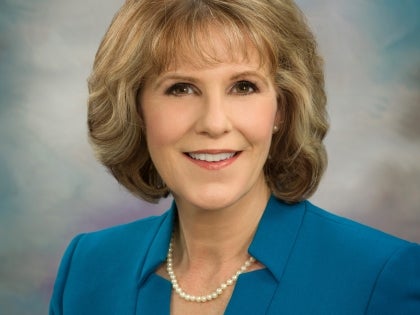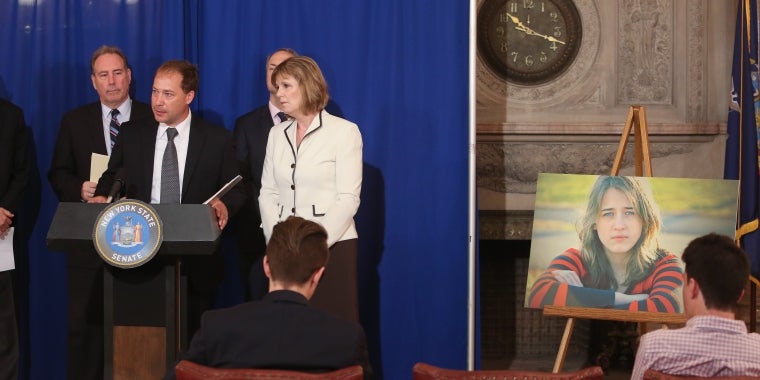
Senate Passes Budget Reform Legislation
Catharine Young
January 29, 2007

State Senator Cathy Young (R,I,C - Olean) today announced that the New York State Senate today passed budget reform legislation to increase accountability, openness and transparency in the State budget process and help ensure passage of on-time budgets. The bill (S.1322) reflects an agreement among the Senate, Governor and Assembly.
Last month, the Senate proposed budget reforms that go beyond the agreed-upon bill. The Senate budget reform legislation (S.2) would line out in the budget every dollar to be spent by the Governor, Legislature, Judiciary and all State agencies and appropriated spending for authorities.
"The bills reflect the Senate’s decade long fight to reform the State budget process," said Senator Young. "Far to frequently, the budget has been late and we must do everything we can to ensure a transparent and accountable process in crafting the state’s fiscal plan. Our bill includes many of the reforms that we have fought for, but the greater openness is needed and my colleagues and I will continue to push for further reforms."
In addition to greater itemization of State spending, the Senate budget reform bill would eliminate the need for the State Public Authority Control Board (PACB) to approve capital projects already authorized in the budget to prevent major projects from being held hostage for political reasons and to bring greater openness and accountability to the process.
In addition to the bill to fully itemize spending, the Senate also plans to give second passage to a constitutional amendment (S.3), passed by both houses in 2005, to ensure that the Executive Budget addresses only fiscal matters, rather than trying to make new laws and policy in the context of the budget language; and a bill (S.4) that would make reforms to the budget process to ensure on-time budgets.
The budget reform bill (S.1322) passed today includes the following provisions:
> The Executive must provide greater itemization of spending in the budget, including funds for TANF, Medicaid and EPF;
>
Requires that every dollar added to the budget by the Legislature be clearly lined out or agreed to by the Executive and Legislature, and publicly voted on by both houses before it is appropriated;>
Requires joint budget conference committees within 10 days of submission of the Executive Budget;> The legislature will be required to explain fiscal impacts of changes it makes to the governor's budget bills;
> Plain language impact statements will be prepared on a range of program areas, including local governments;
> Accelerates discussions of revenue forecasts and spending projections to November 5th & moves up the consensus revenue forecasting conference to February;
> The Comptroller would set a revenue estimate if the Legislature failed to reach agreement by March 1; and
> There will be a new "rainy day" fund, setting aside three percent of the General Fund in reserve, which will be added on top of the current two percent "rainy day" fund for a total of five percent. The new fund can be used in the event of economic downturn or disaster.
The bill was sent to the Assembly.



